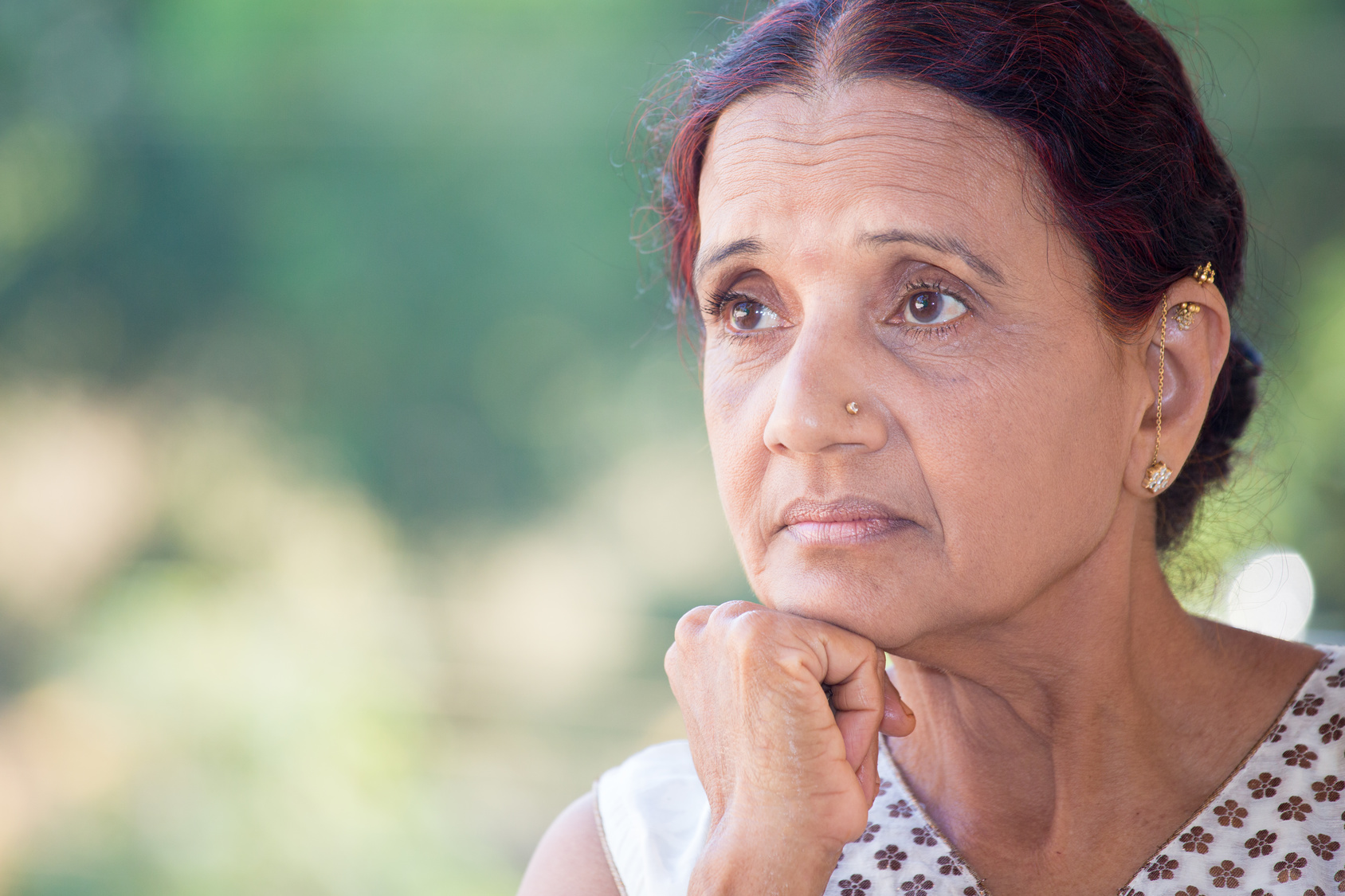Several recent articles indicate that the burden of menopausal symptoms is greater than generally perceived. About 80% of women experience vasomotor symptoms (VMS) – hot flashes and night sweats — as they transition into the menopause phase. For most, the symptoms are manageable, but for a sizeable subset of midlife women, these symptoms can negatively affect sleep, mood, and quality of life. While clinical guidelines suggest that menopausal vasomotor symptoms (VMS) typically last from 6 months to 2 years, new research suggests that for many women, the duration of symptoms is much longer. The Study of Women’s Health Across the Nation (SWAN), an observational study of women entering menopause found that the median total duration of VMS was 7.4 years
Because clinical guidelines now recommend a shorter duration of hormonal therapy (less than 5 years) for the treatment of menopausal symptoms, many women will prefer to use non-hormonal treatments. These women may benefit from a variety of interventions including acupuncture and cognitive behavioral therapy (CBT). Effective pharmacologic interventions include selective serotonin reuptake inhibitors, serotonin-norepinephrine reuptake inhibitors, gabapentin, pregabilin, and clonidine. Clinically we see that these interventions usually work quite well to address vasomotor symptoms and sleep problems, many perimenopausal women continue to complain of fatigue.
Armodafinil (marketed as Nuvigil) is used to treat daytime sleepiness in patients with narcolepsy and other sleep disorders. A new study from the Center of Women’s Mental Health has examined the efficacy of armodafinil in the treatment of menopause-related fatigue and quality of life.
In this study, women (aged 40-65 years) with menopause-related fatigue received open-label armodafinil therapy (up to 150 mg/day) for 4 weeks. Symptoms were assessed using the Brief Fatigue Inventory score and Menopause-Specific Quality of Life (MENQOL). After open-label treatment, participants were randomized to double-blind continuation of armodafinil versus placebo for 2 weeks to determine the effects of treatment discontinuation.
Twenty out of 29 women (69.0%) completed the trial. During treatment with armodafinil (mean dose, 120 mg/day), median Brief Fatigue Inventory scores decreased by 57.7%, and median MENQOL physical domain scores decreased by 51.3%. Participants also noted improvements in number of hot flashes (decreased by 48.3%), cognitive function (59.2%; P = 0.0002), depressive symptoms (64.7%; P = 0.0006), insomnia (72.7%; P = 0.0012), and excessive sleepiness (57.1%; P = 0.0006).
Comparing women randomized to continuation of armodafinil (n = 10) versus discontinuation (n = 10), there were no differences between the groups. Armodafinil was well-tolerated; three women (12%) withdrew for adverse events.
The results of this open-label trial provide preliminary evidence that armodafinil may improve menopause-related fatigue and quality of life and other menopausal symptoms, including hot flashes, insomnia, mood, and perceived executive functioning. No benefit was seen for anxiety or pain. Larger controlled trials are required to further explore the role of armodafinil for the treatment of fatigue and associated symptoms, including hot flashes, during the menopausal transition.
Women and their health care providers must recognize that menopausal symptoms are not simply a nuisance and, therefore, something to be endured. Given the tremendous impact menopausal symptoms may have on women’s quality of life and their ability to function effectively, it is imperative that we find treatments that are safe and effective for managing the array of symptoms women may experience as they transition to the menopause.
Ruta Nonacs, MD PhD
Meyer F, Freeman MP, Petrillo L, Barsky M, Galvan T, Kim S, Cohen L, Joffe H. Armodafinil for fatigue associated with menopause: an open-label trial. Menopause. 2015 Jun 29. [Epub ahead of print]







I’d like to thank you for the efforts you’ve put in writing
this site. I’m hoping to view the same high-grade content from
you later on as well. In fact, your creative writing abilities has encouraged me to get my very own blog now 😉